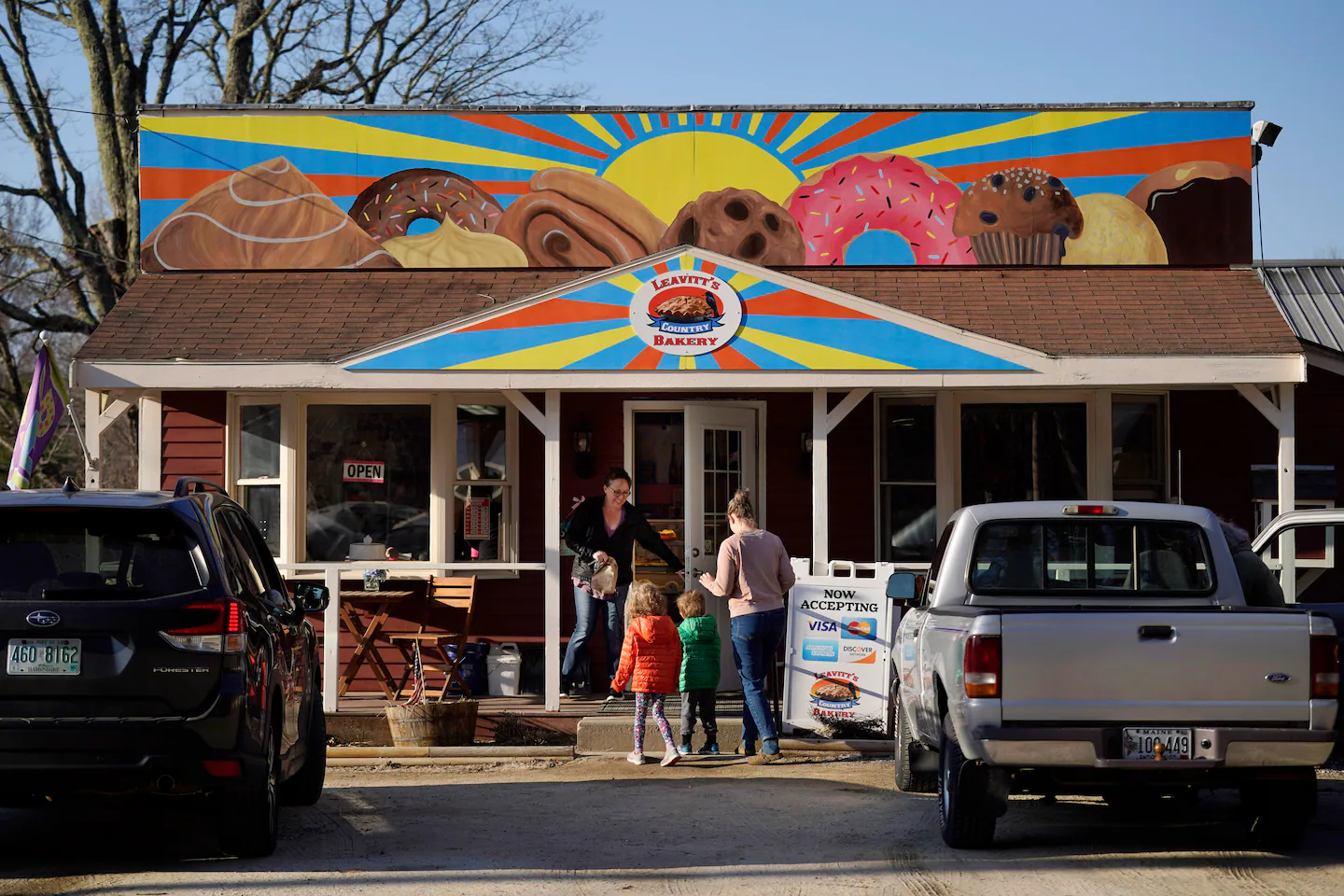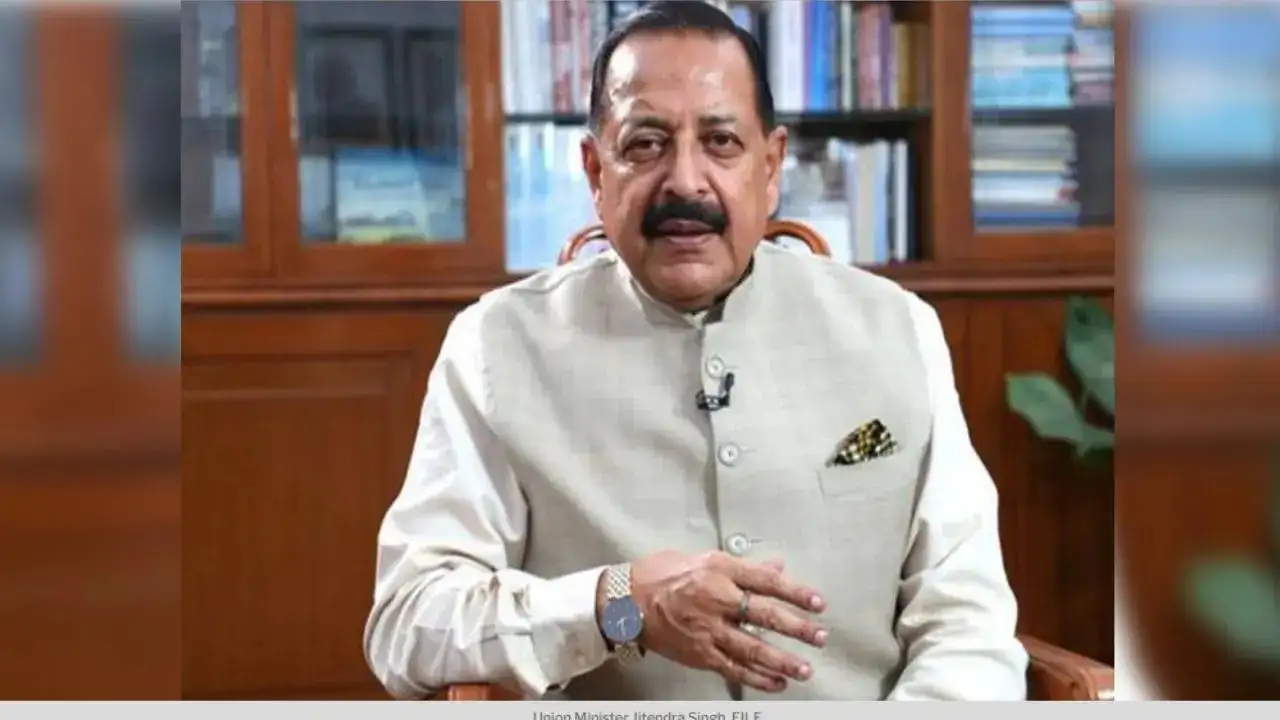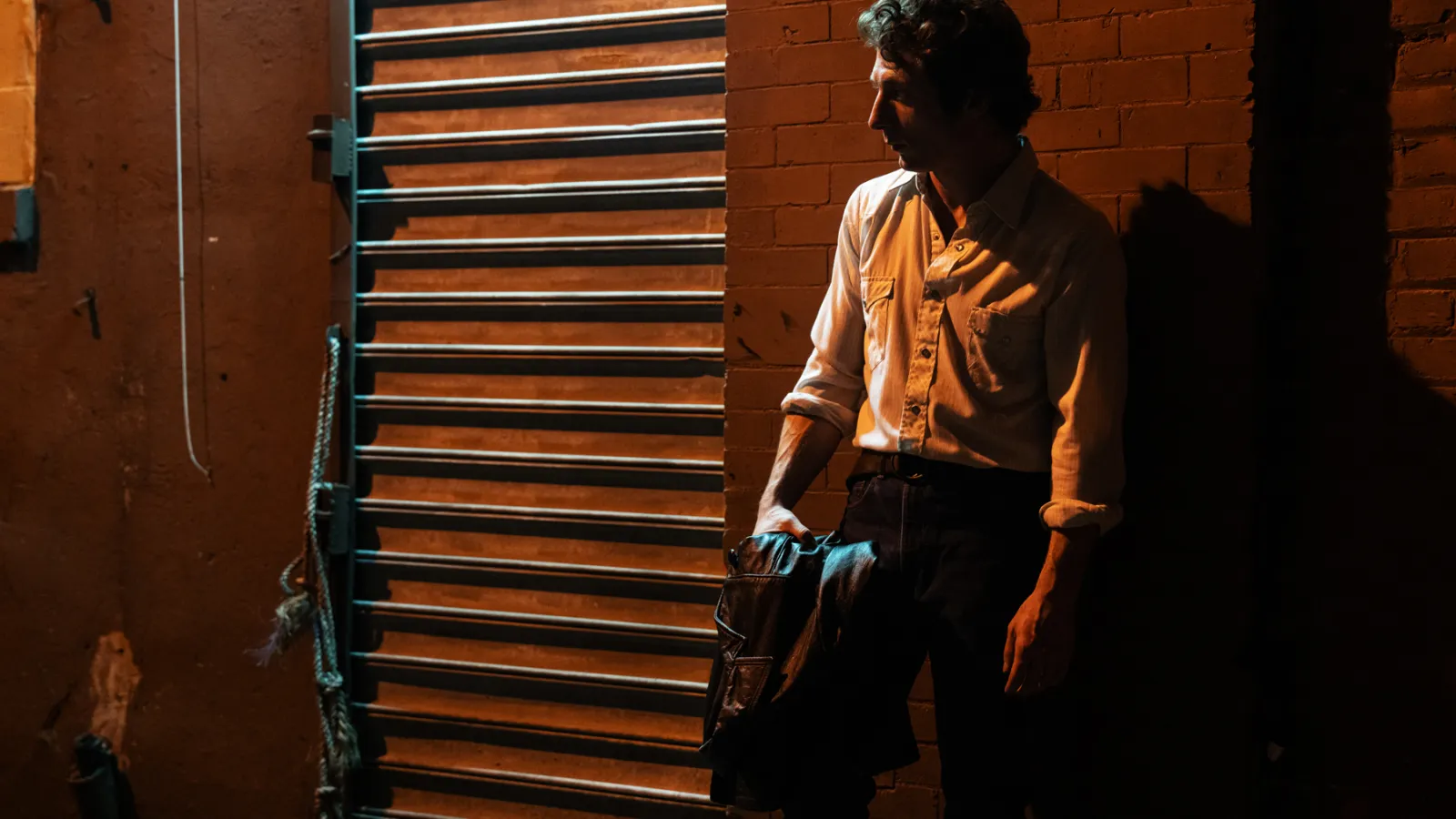Copyright The Boston Globe

After prevailing in a federal lawsuit that turned a large and colorful pastry mural into a symbol for freedom of expression, lawyers for Leavitt’s Country Bakery in Conway, N.H., have negotiated a settlement with the town. When a federal judge ruled in the bakery’s favor in May, he found that local officials had sought to regulate the display in an unconstitutional manner, but he left open the possibility the town might regulate the 90-square-foot painting another way. Under the terms of a settlement agreement filed with the court on Friday, however, local officials won’t keep trying to restrict the mural based on its color, content, or any other argument they had unsuccessfully raised in court. The mural, which a group of students from Kennett High School painted in 2022, depicts baked goods arranged like a mountainous horizon. Town officials interpreted the display as an oversized sign advertising items for sale inside the bakery, so they directed the business to either modify or remove the painting. After more than two years of litigation, however, Judge Joseph N. Laplante in the US District Court for New Hampshire held a bench trial and ruled that town officials had taken an unconstitutional and “operationally illogical” approach to their enforcement actions. Advertisement In addition to letting the mural remain at the bakery, the town has agreed to refrain from enforcing a public art ordinance that local voters adopted in 2024, after this litigation began. The town will recommend that voters repeal that ordinance in 2026, per the settlement agreement. The town has also agreed to pay $175,000 toward the plaintiff’s attorney fees and to review and consider the language of a model sign code that the plaintiff’s attorneys had suggested, without admitting liability or wrongdoing. “We tried to resolve this issue without litigation back in December 2022, when we sent the town a letter and offered to help officials re-write the sign code,” said Betsy Sanz, an attorney for the nonprofit Institute for Justice, which represented the bakery and its owner. “Had the town worked with us then to resolve the constitutional problems with their sign code and their approach to enforcing it, the town could’ve saved time and taxpayer money.” Advertisement An attorney for Conway officials, Brooke L. Shilo, said in May that the town was disappointed by the court’s ruling, but would “continue to work conscientiously and in good faith to ensure that the constitutional rights of all are not infringed, while maintaining public safety and Conway’s natural beauty.” Conway officials and their attorneys did not immediately respond Monday to a request for comment regarding the final settlement agreement. The bakery’s owner, Sean Young, said he’s happy to keep the mural safe and put the dispute behind him. “This case was always about protecting the students’ artwork and my First Amendment rights,” he said in a statement, “and I’m thankful that [Institute for Justice] stepped in to obtain this victory.” Steven Porter can be reached at steven.porter@globe.com. Follow him @reporterporter.



